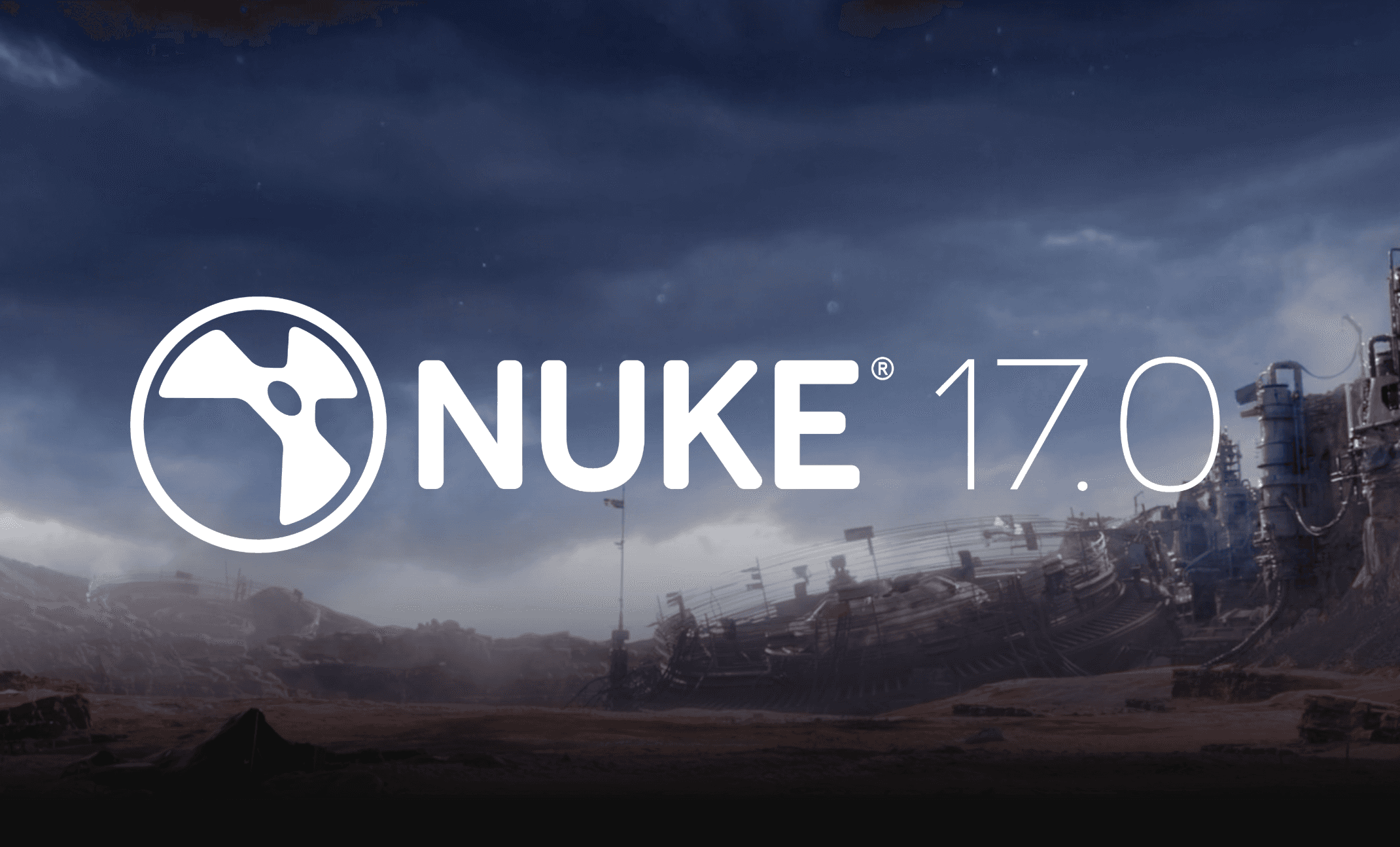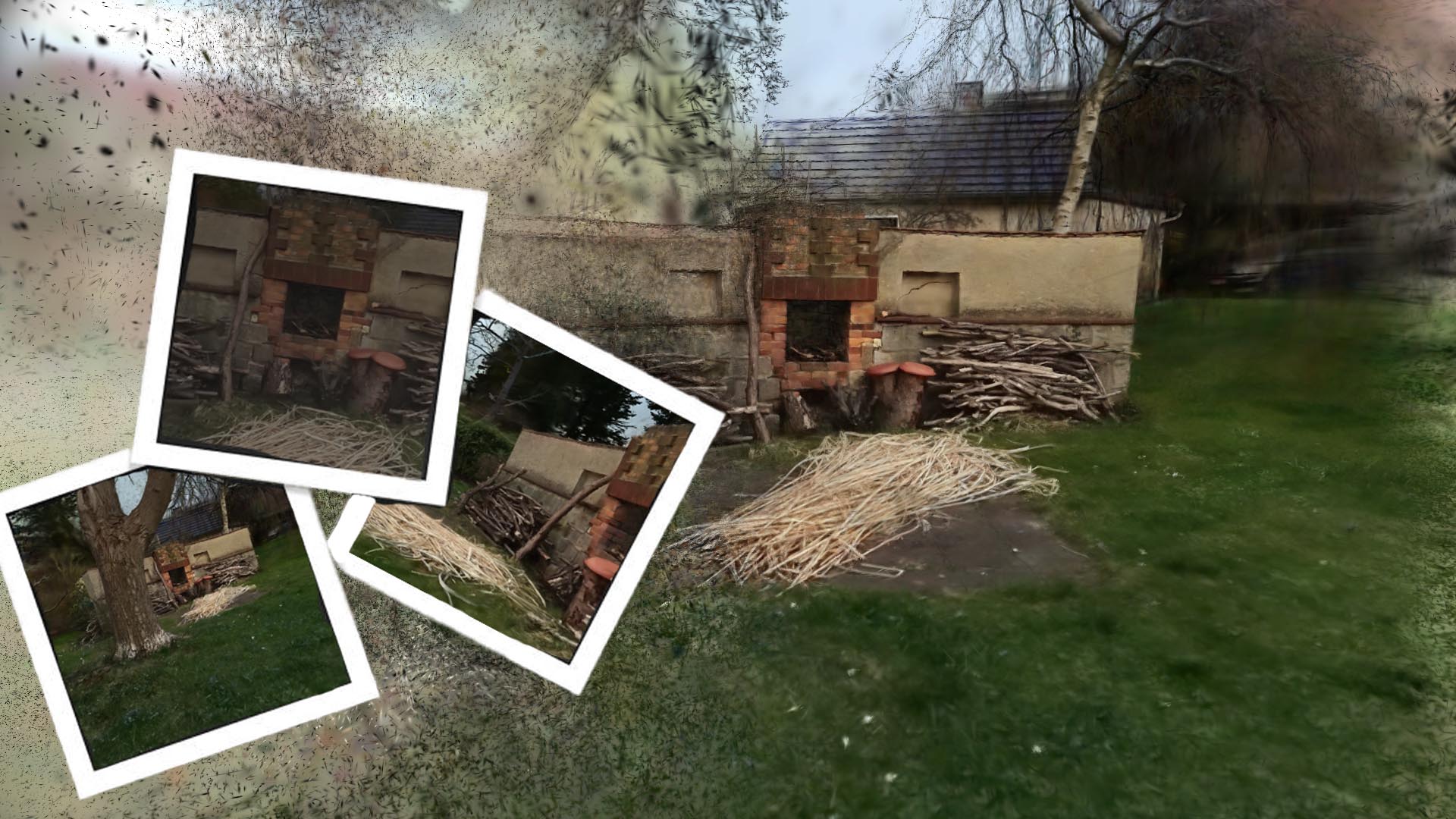

Just last month, XGRIDS announced the Lixel L2 Scanner, capable of creating Gaussian Splatting with LiDAR. Now they are launching Lixel CyberColor (LCC), capable of automatically generating massive 3D scenes with Gaussian Splatting. LCC is compatible with their full suite of devices and models can be accessed on both PC and mobile, with development pipelines underway for Unity and Unreal Engine.
Powering Lixel CyberColor is XGRIDS' proprietary Multi-SLAM algorithm paired with advancements in 3DGS. This combination surmounts the limitations of traditional large-scale modeling techniques, offering a blend of efficiency, accuracy, and visual fidelity.
Gaussian Splatting, giving the view dependent effects to Lixel CyberColor, merging the benefits of differentiable pipelines with point-based rendering technologies. While it's not been stated what method they're using to achieve the view dependent effects (such as spherical harmonics), the resulting file sizes are up to 90% less than other 3DGS outputs.
A recent demonstration at the GTC conference showcased the LCC's user-friendly capturing process, highlighting its ability to automatically filter out dynamic objects from the scene, thereby enhancing the clarity and usability of the generated models. Lixel CyberColor claims centimeter-level accuracy in its models.
Compatibility with devices like Apple Vision Pro suggests that users will be able to experience immersive large-scale Radiance Fields, accurately scaled to real-world dimensions. This advancement is anticipated to open new possibilities for interaction within digital environments.
With the future release of additional support for Unity, Unreal Engine, and web platforms through plugins and SDKs, XGRIDS is positioning Lixel CyberColor as a tool poised to support the wider adoption of Radiance Fields technology. The company's approach aims to contribute to the detailed and realistic documentation of environments.
The technology landscape continues to evolve at a breakneck pace, with the adoption rate of Radiance Fields quickly proliferating through the market. I am excited to continue to see the explosive growth and the hyper realistic documentation of the world as it exists.
XGRIDS remains the only public, purchasable LiDAR scanner that has integrated Gaussian Splatting to date.








